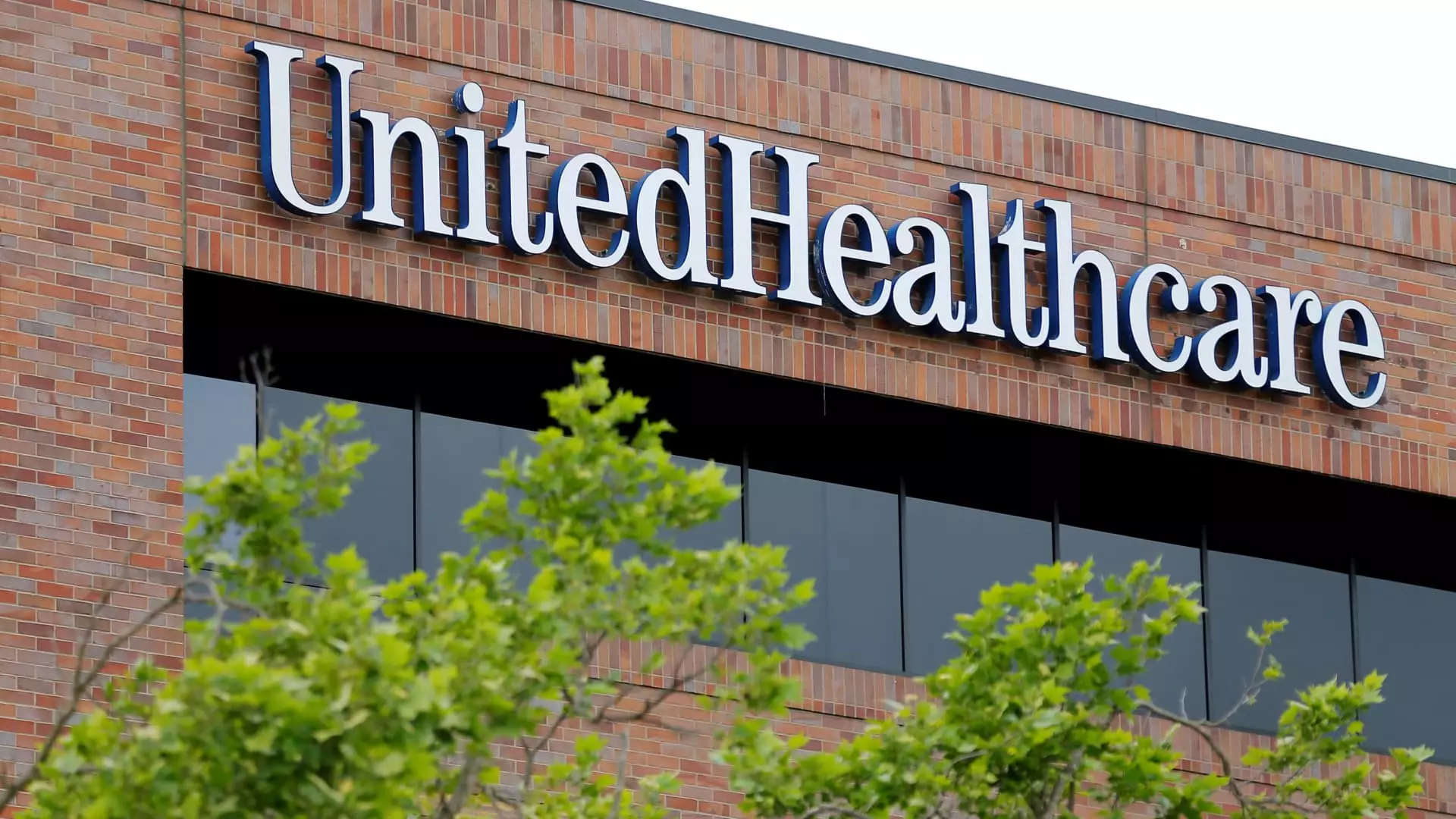In a whirlwind of adversity, UnitedHealthcare is facing significant scrutiny from multiple angles, leading to concerns about its operational integrity. The insurance behemoth is currently grappling with a federal investigation into its Medicare billing practices, the potential for employee layoffs, and a high-profile public dispute with billionaire investor Bill Ackman. These challenges are layered on top of a tumultuous year for UnitedHealth Group, the parent company of UnitedHealthcare, which has been marred by the tragic death of a top executive, a devastating cyberattack, and escalating healthcare costs. Together, these issues are creating a perfect storm for the nation’s largest private healthcare insurer and the broader ramifications it may have on the healthcare industry.
Recent reports, notably from The Wall Street Journal, have disclosed that the Department of Justice (DOJ) is conducting a civil fraud inquiry into UnitedHealthcare’s Medicare billing practices. The crux of the investigation centers on allegations that the insurer may have manipulated diagnostic information to secure additional payments from Medicare Advantage plans. This scenario has raised red flags, as it’s now known that these plans have been a financial boon for UnitedHealthcare, garnering billions from the Medicare program based on potentially questionable billing practices. This inquiry not only jeopardizes the company’s reputation but could also lead to significant financial repercussions should the investigation substantiate these claims.
Medicare Advantage plans themselves are designed to provide additional benefits for seniors, with private insurers like UnitedHealthcare receiving predetermined payments to manage these patients’ healthcare. However, flagging medical costs have become an industry-wide issue, creating skepticism about the sustainability and ethical implications of such plans. UnitedHealthcare’s defense has been to label the Journal’s reporting as “misinformation,” claiming compliance with the highest industry standards. Yet, when faced with allegations of fraud, such blanket denials may seem unconvincing to stakeholders looking for accountability and transparency.
The fallout from these allegations has been palpable in the stock market, with UnitedHealth Group shares plummeting approximately 23% over the past three months. Following the revelation of the investigation, stock prices dropped another 9%, reflecting investor anxiety over potential financial liabilities. Analysts, such as RBC Capital Markets’ Ben Hendrix, have called the situation an “incremental overhang” suggesting it may take a protracted period before a resolution is reached, but caution that the uncertainties surrounding the inquiry could detrimentally influence market confidence in the short term.
Stockholders’ unease highlights a crucial element for both the company and investors: the impact of public perception on financial viability. With scrutiny increasing from both the government and the public, maintaining trust amid these upheavals is essential for sustaining shareholder loyalty and market confidence.
In light of the financial pressures stemming from ongoing investigations and projected losses, UnitedHealthcare is exploring various measures to mitigate expenses. Offering buyouts to employees serves as a preemptive step to manage costs, explicitly indicating that layoffs may follow if resignation quotas are not met. This strategy raises concerns not only about employee morale but also about the quality of service provided to patients, as understaffing could lead to a decline in customer satisfaction and care quality.
As the company turns toward digital technology solutions to enhance efficiency and curb costs, the success of such initiatives will largely depend on how effectively they manage employee transitions and retain talented staff during these uncertain times. Fostering a workplace environment that supports adaptability and resilience will be crucial for UnitedHealthcare as it navigates through these turbulent waters.
Adding to UnitedHealthcare’s troubles is the ongoing public feud with Bill Ackman, a well-known investor who has openly criticized the insurer’s practices. His recent commitment to cover legal fees for a Texas physician who claimed that UnitedHealth interfered with her medical procedures has intensified both legal and reputational challenges for the company. Ackman’s assertions have prompted calls for greater regulatory scrutiny and may further erode public confidence in UnitedHealthcare’s motivations regarding patient care.
The timing of these events echoes a moment of broader public scrutiny of the insurance industry, particularly after the unfortunate death of UnitedHealthcare’s CEO, Brian Thompson, in December. This incident provoked a surge of negative public sentiment toward insurance practices, reigniting discussions around the need for systemic reforms to protect patients from care denials. Repairing this damaged reputation will necessitate more than corporate reassurances—it will require meaningful actions that prioritize patient care above profit.
As UnitedHealthcare finds itself ensnared in a web of investigations, public relations crises, and internal restructuring efforts, its future remains uncertain. The convergence of these factors not only poses risks to the company’s bottom line but also raises questions about its commitment to ethical practices in healthcare. The coming months will be crucial in determining how effectively UnitedHealthcare can weather this storm, restore public trust, and maintain its position as a leading insurer amid the challenges that lay ahead.

